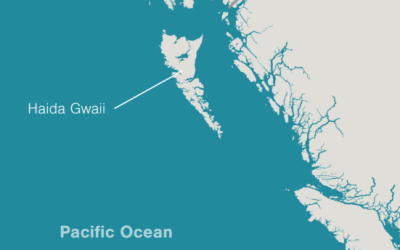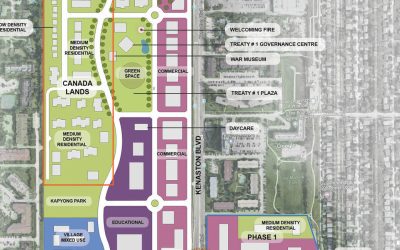
Executive Summary
- Bills 19 and 36 expand the role of government appropriation and land management in Alberta—making appropriation and management more frequent, intensive, time-consuming, and expensive. Consequently, the desired certainty and freedom associated with property will diminish.
- Current landowners will be compensated for regulatory taking, at least those carried out under Bill 36, as already occurs with outright acquisitions. This change addresses a major concern of the Alberta Property Rights Institute (APRI).
- Added consultation, while time-consuming and expensive, will provide an opportunity for greater input from landowners and the wider community into land-allocation decisions.
- Those in favour of environmental, landuse controls will have greater powers at their disposal, as well as a new agency to lobby. The Land Use Secretariat—soon to be minted by the Ministry of Sustainable Resource Development—will create a new layer of governmental planning and property regulation at the provincial level.
- The level of compensation, whether for outright appropriation or regulatory taking, is the issue most in need of address. Bill 36 compensates landowners for regulatory taking, which places the expense of regulation back on those to benefit most, general constituents (taxpayers). However, this form of compensation does not extend to Bill 19. Additionally, although referred to frequently in the bills, there are serious problems with the precision of the terms “market price” and “independent evaluation.” Hence, further research and creative remedies will be needed if landowners are not to pay a disproportionate price for infrastructure and environmental regulation.
- Economic theory of public goods and externalities, insofar as it can be applied to infrastructure and land regulation, upholds the potential for private provision and independent bargaining as efficient solutions. However, the trend perpetuated by these two bills tends toward the opposite direction.
View Entire Study as PDF (21 pages) –
Policy Series 72 – Expropriation and Appropriation Laws in Alberta
————–
Fergus Hodgson is a Researcher for the Frontier Centre for Public Policy (www.fcpp.org) and a Visiting Scholar with the American Institute for Economic Research (www.aier.org). He has a Bachelor of Arts in Economics from Boston University, where he was awarded an athletic scholarship for rowing, and a Graduate Diploma in Political Science from the University of Waikato, New Zealand. In addition to broad teaching and private consulting experience, he has published academic and popular articles in Canada, the United States and New Zealand.


